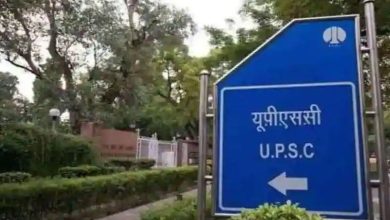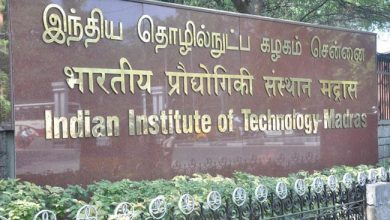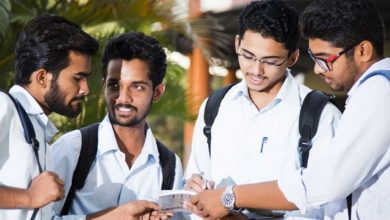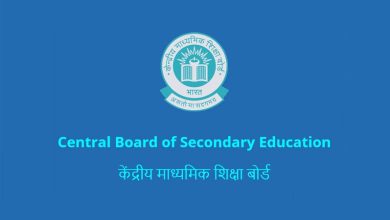Medical Students Wishing to Study in Georgia Should Have Adequate knowledge About Medical Practice Rules in Georgia.
The National Medical Commission (NMC) has been constantly discouraging students from pursuing medical education abroad citing inadequate education quality.
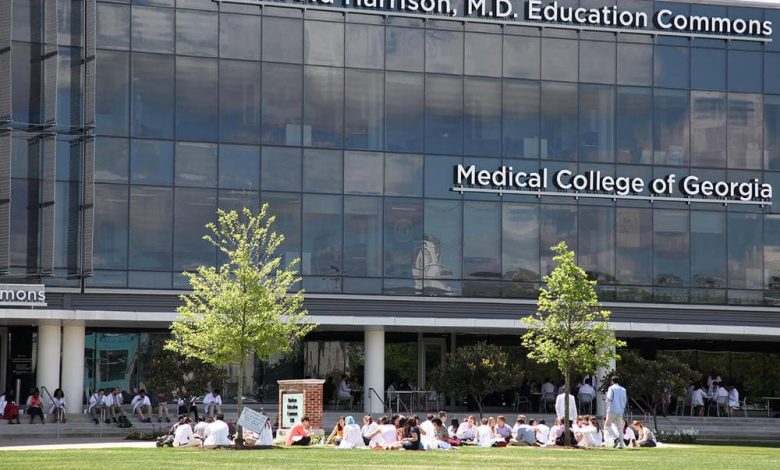
Medical students wishing to study in Georgia should get complete information about the basic rules related to practicing as an independent doctor after completing a medical course there. The National Medical Commission (NMC) has been constantly discouraging students from pursuing medical education abroad citing inadequate education quality.
However, many study abroad agents/consultants have taken advantage of naïve students and their parents. They often hide crucial information about the rules, regulations, and laws of foreign countries. These agents provide incomplete information, promising medical education in India in line with the NMC guidelines, which may not always be accurate or reliable. Innocent students and parents often realize this deception only after they reach a foreign country and face difficulty in practicing as an independent doctor.
In Georgia, any student who has completed a Doctor of Medicine (MD) and a one-year internship is allowed to work as a junior doctor assisting a senior doctor. Most of them do not fulfil the criteria required for the Foreign Medical Graduate Examination (FMGE) and struggle to obtain a medical licence to practice in India.
MBBS Study in Georgia: Understanding Georgian Law
According to Georgian law, medical graduates have the right to work as a junior doctor, a position that can be held by an MBBS graduate from a state-recognized higher medical institution who performs duties according to the instructions (Article 5 – Georgia’s Law on Medical Practice). To pursue a postgraduate residency course and obtain the right to independent medical practice, one must pass the Unified State Certification Exam (Article 17, Georgia’s Law on Medical Practice).
Santosh Biradar, a practicing lawyer from Hyderabad, is trying to create awareness about foreign medical education. “Medical colleges in Georgia provide license for ‘independent practice’ only after a total of 9 years of education in the country. Agents claim that after completing a 5-year MBBS course (known as MD in Georgia) and an additional year of internship, the student will get a license to practice.
However, they do not provide information about the independent practice licence, which is granted only after completing a five-year MBBS and a one-year internship, plus three years of residency and passing the National Post-Diploma Qualification Examination (NPDQE). Moreover, it is worrying that the NMC does not recognise the junior doctor licence granted in Georgia. “To obtain the right to independent medical practice, students will have to spend 9 years in Georgia within the 10 years as per the timeline set by the NMC for completing a medical degree abroad and pass the FMGE in India,” says Biradar.
MBBS Study in Georgia: Clinical Duties Under Guidance
On August 9, 2024, the Georgian Embassy in India informed Indian students about the recent changes implemented by the Ministry of Education, Science and Youth of Georgia regarding the medical education framework. The communication indicated, “According to Article 14 of the Law of Georgia on Medical Practice, graduates of the MD program (equivalent to MBBS in India), called junior doctors, are allowed to perform the responsibilities of a physician.
This qualification is fully recognized as equivalent to the MBBS degree in India. A junior doctor performs clinical responsibilities under the supervision of a licensed specialist. In the absence of a certified physician, a junior doctor is authorized to independently provide emergency medical assistance.” The communication further stated, “All the above-mentioned points clearly demonstrate that the medical education system in Georgia follows the updated regulations of the NMC.”
MBBS Study in Georgia: Strict NMC Rules
The Indian Embassy in Armenia (which also has Georgia under its jurisdiction) has issued advisories and RTI responses about Georgia’s medical education system. After completing undergraduate medical education, students are required to pass the NPDQE exam to continue postgraduate studies and residency, following which the right to ‘independent medical practice’ is granted by the Ministry of Health of Georgia. This was confirmed through an RTI response shared by the Indian Embassy in the Republic of Armenia in April 2024.
The RTI was addressed to the Ambassador, seeking information about the process of granting license to practice medicine in Armenia and Georgia. The response shared by the Indian Embassy in Yerevan, Republic of Armenia states, “To obtain a license to practice medicine in Armenia and Georgia, it is mandatory to have postgraduate in a particular field. The duration of postgraduate varies as per the specialization course which can range from one to four years.”
Georgia’s medical graduates cannot be compared to Indian MBBS doctors who are eligible to work independently in OPDs. In a session of Parliament in 2023, former health minister Mansukh Mandaviya stated that India will not accept any foreign-returned student who has not obtain a license from the nation in which they completed their degree.
A senior NMC official on condition of anonymity said, “The NMC is trying to train doctors through internship programmes and practical training. We want students to consider appearing for NEET UG again and focus on performing better in the entrance exam rather than opting for foreign medical colleges, where many countries do not follow NMC norms.
These foreign graduates often lack the practical skills required to treat patients independently and fail to meet the licensing requirements mandated by the NMC.” However, students aspiring to become medical practitioners should consider appearing for NEET UG again and focus on performing better in the entrance exam rather than studying abroad and facing challenges in a foreign country.
Also Read: Study MBBS in Russia : Top 5 Universities for Medicine and MBBS.



